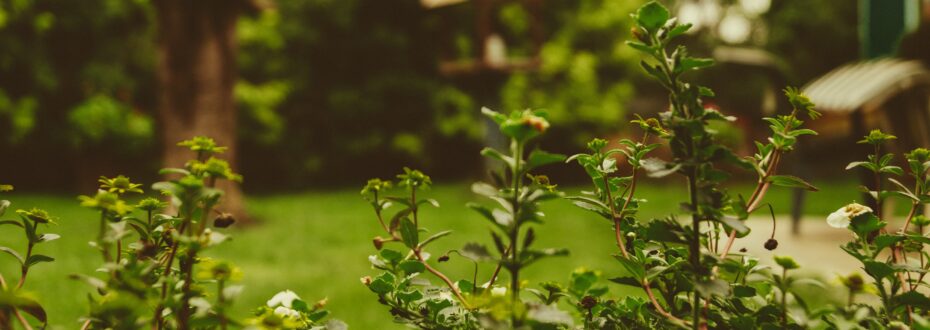Earlier this year, Centre for Mental Health was lucky enough to become co-sponsor of a garden dedicated to creating conversations about mental health at the prestigious RHS Hampton Court Palace flower show. As a history graduate with a lifelong love of plants and gardening, I thought at first it must be a dream. But day by day the garden, On the Edge, designed by Frederic Whyte and built by Charles Benton, is coming together and our ambition to inspire 1,000 conversations about mental health through it is taking shape.
For many of us, gardening is an essential way of managing life’s stresses, of offsetting its ups and downs. It creates a different sense of time to the daily routine, some very different challenges (wrestling with clay, concrete, ivy and nettles) and a very different sense of purpose to sedentary office life.
I have heard gardening described as a way of ‘controlling’ nature. As a weekend gardener with limited skill and knowledge, it’s less about control of nature and more of a negotiation. Weeds appear everywhere, cuttings succeed or fail, plants grow and compete for space, weather plays havoc and pests are a fact of life. But it’s the negotiation and the dynamic nature of gardens that make them so powerful for wellbeing. A garden never stays still, it is never finished. Flowers bloom and create joy while they’re out. Fruit and veg give a true sense of achievement when you get to eat them. But it’s the work you put in to get them that makes them so satisfying.
It’s the negotiation and the dynamic nature of gardens that make them so powerful for wellbeing. A garden never stays still, it is never finished.
Across the country, we hear about many exciting projects using gardening to support mental and physical health. Community gardens that are created to reclaim unused land to grow food or give children better places to play in. Allotments used by community groups to create safe spaces for those who are marginalised and oppressed to be outside, to get exercise and to talk. These schemes often exist on tiny pots of funding from local councils and charities, created through inspiration and community action, and sustained through committed grassroots leadership.
From urban balconies and suburban back gardens to community projects, hospital or prison gardens, we want to know what growing plants and negotiating with nature means to people across the country.
We want to make the connection between the exciting show garden at Hampton Court Palace and the many hundreds of local projects that are happening in communities across the country. We want to inspire 1,000 conversations about mental health, and hear from anyone who has experience of working or being in a garden about the impact it’s had on their mental health and wellbeing. From urban balconies and suburban back gardens to community projects, hospital or prison gardens, we want to know what growing plants and negotiating with nature means to people across the country.
We hope to build up an evidence base on gardening and mental health from a wide range of stories and experiences, to stimulate more action in this area and to help local projects to thrive by showing what a difference they can make in people’s lives.
Share your experiences and what gardens mean to you – email us at website@centreformentalhealth.org.uk


